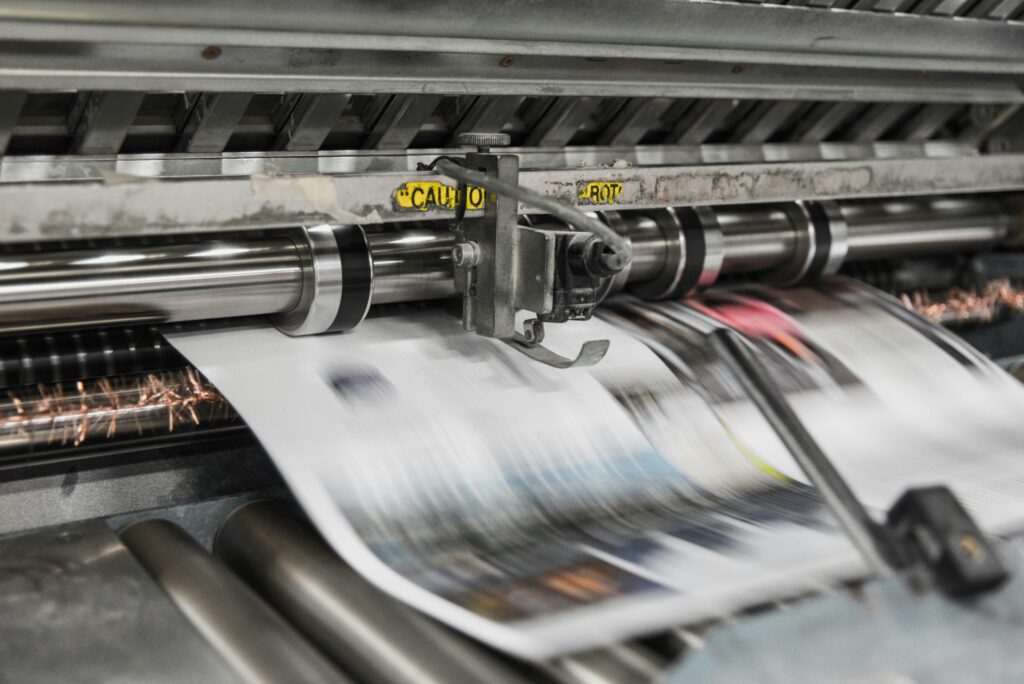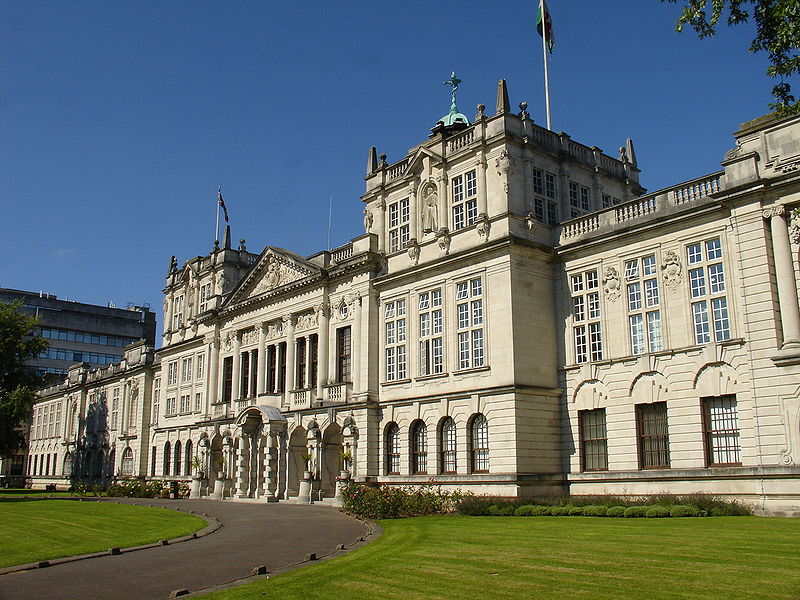Gary Howells argues that the decline of the Welsh media landscape is not just a media issue, but a democratic one, and needs urgent attention and reform.
The role of the Fourth Estate—the press and media—has long been recognised as a cornerstone of democracy. By holding power to account, informing the public, and providing a platform for diverse voices, the media ensures that the political process remains transparent and accessible. However, in Wales, the Fourth Estate is facing significant structural challenges that have eroded its effectiveness. These include the economic fragility of local news organisations, limited coverage of devolved institutions, and increased competition from unregulated digital media. This erosion poses a serious threat to public trust in politics, a critical component of a healthy democracy.
The current state of the Welsh media
The media landscape in Wales is markedly different from other parts of the United Kingdom. While major UK broadcasters and newspapers offer some Welsh coverage, their editorial focus often remains London-centric. Welsh-specific outlets such as Wales Online, The Western Mail, S4C, and Nation.Cymru, play a vital role in covering devolved affairs. However, these organisations operate under significant resource constraints due to declining advertising revenues, digital disruption, and limited economies of scale.
With fewer journalists, shrinking budgets, and growing dependence on press releases, local media increasingly struggle to deliver consistent, in-depth political reporting.
Moreover, ownership in the Welsh media sector is highly concentrated. Just three companies control 83% of local newspaper circulation, which limits the diversity of viewpoints and reduces editorial independence.
With fewer journalists, shrinking budgets, and growing dependence on press releases, local media increasingly struggle to deliver consistent, in-depth political reporting. The result is a weakening of the media’s watchdog function, leaving democratic institutions in Wales subject to less scrutiny than their UK-wide counterparts.
The impact on public trust in politics
The weakening of Wales’ media ecosystem has significant implications for democratic accountability. The media helps shape public understanding of political institutions and serves as a critical check on those in power. Without strong, independent journalism, voters are less informed and politicians are subject to less scrutiny.
In Wales, this has contributed to what some describe as a “democratic deficit.” The Senedd has devolved powers over key areas like health, education, and the environment, yet public awareness and media coverage of its work remain limited. A 2021 Electoral Reform Society survey found that only 31% of Welsh citizens felt well-informed about the work of the Senedd, compared to 58% who felt informed about Westminster.
Innovative. Informed. Independent.
Your support can help us make Wales better.
This knowledge gap weakens the relationship between voters and their representatives. When citizens are not aware of political decisions made on their behalf, they are less likely to participate in democratic processes. This disengagement, in turn, reduces the pressure on elected officials to remain transparent and responsive.
The role of digital and social media
Digital platforms have transformed how people consume news. On one hand, they offer broader access to information and space for alternative and independent voices. On the other, they have accelerated the decline of traditional media business models and facilitated the spread of misinformation.
Social media, in particular, allows politicians to bypass traditional journalistic scrutiny by communicating directly with the public. While this increases accessibility, it also enables the unchecked dissemination of misleading content. In Wales, research shows that social media has contributed to political polarisation, with users more likely to engage with news that confirm their existing views rather than seeking a diversity of opinions.
Targeted advertising and algorithmic news feeds have further complicated the media landscape, creating new challenges for transparency in political campaigning. Without effective media oversight, these trends risk undermining public confidence in both journalism and politics.
The importance of Welsh-language media
Welsh-language outlets such as S4C and BBC Radio Cymru play a unique role in reflecting and sustaining national identity. They help ensure that Welsh-speaking communities are not excluded from political discourse. However, these platforms face many of the same pressures affecting the wider media—budget cuts, competition from English-language content, and a fragmented digital audience.
Targeted advertising and algorithmic news feeds have further complicated the media landscape, creating new challenges for transparency in political campaigning. Without effective media oversight, these trends risk undermining public confidence in both journalism and politics.
The decline of Welsh-language journalism not only threatens cultural diversity but also reduces the political visibility of Welsh-speaking constituencies, deepening the broader democratic gap.
Solutions and the way forward
Addressing these challenges will require both public investment and regulatory innovation. The Welsh Government’s Independent Community News Fund is a step in the right direction, but sustainable long-term funding and capacity-building are still needed.
Media literacy is also essential. Equipping citizens—especially young people—with the tools to assess the credibility of news can reduce the influence of misinformation and strengthen civic engagement.
In addition, improving representation within newsrooms—across gender, ethnicity, language, and socioeconomic background—can help make Welsh media more inclusive and responsive to its diverse audiences.
There is also a strong case for establishing a dedicated fact-checking service for Wales. While government-operated For the Record fact-checks claims about Welsh Government policies, and UK-wide platforms such as Full Fact play an important role in verifying claims made by Westminster politicians, there is a need for an independent platform which scrutinises devolved matters or regional debates. A Welsh-focused fact-checking body—operating independently, bilingually, and transparently—could monitor political discourse specific to Wales, counter disinformation, and improve accountability across public life. This would support both the public and the media in making evidence-based judgments.
Discussions and debates that drive Wales forward.
Join Wales’ leading independent think tank.
Lastly, transparency in digital political communication must be improved. This could include regulation around paid political content on social media and clearer standards for online journalism. Some media reform advocates have suggested the creation of a Welsh press regulator to set accountability standards tailored to devolved governance.
The erosion of the Fourth Estate in Wales is not just a media issue—it is a democratic one. Without reliable, diverse, and well-resourced journalism, political power operates with reduced scrutiny and public trust continues to decline.
Reversing this trend will take strategic public investment, better media regulation, stronger civic education, and a renewed commitment to journalistic independence. The vitality of Wales’ democracy depends on rebuilding a media landscape capable of informing, challenging, and connecting its people.
All articles published on the welsh agenda are subject to IWA’s disclaimer. If you want to support our work tackling Wales’ key challenges, consider becoming a member.




